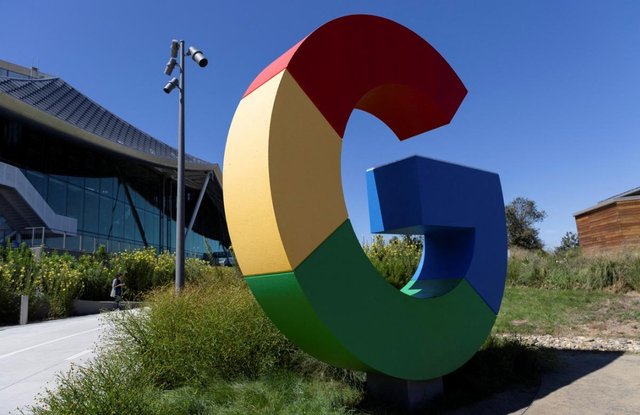Shares of

Google parent Alphabet rose after it unveiled a new generation chip that the company said helped overcome a key challenge in quantum computing Shares of Google parent Alphabet rose about 5% on Tuesday after it unveiled a new generation chip that the company said helped overcome a key challenge in quantum computing. Google on Monday introduced a new chip called Willow, which solved in five minutes a computing problem that would take a classical computer more time than the history of the universe.
Tech companies are chasing quantum computing in hopes of developing systems that perform at speeds far faster than traditional silicon-based computers. The building blocks of quantum computers, called "qubits", while being fast, are error-prone, making it hard to ensure quantum computers are reliable and commercially viable.
The more qubits used in quantum computing, the more errors typically occur. But Google said on Monday it found a way to string together qubits in the Willow chip so that error rates decline as the number of qubits rise, adding that it can also correct errors in real time.
"While (there are) no current uses, (Willow) will have major implications in science, medicine and finance. Willow reduces errors exponentially and could lead to major breakthroughs and discoveries across industries," said Thomas Hayes, chairman and managing member at Great Hill Capital.
Alphabet's shares were on track for their best day since late April. The stock has risen 25% so far this year, as of Monday's close.
The company's shares trade at a 12-month forward price-to-earnings ratio of 19.58, compared with Microsoft's 32.03 and Amazon's 36.79, according to data compiled by LSEG.
Earlier this year, Microsoft and quantum computing firm Quantinuum said they achieved a key step in making quantum computers a commercial reality by making them more reliable.